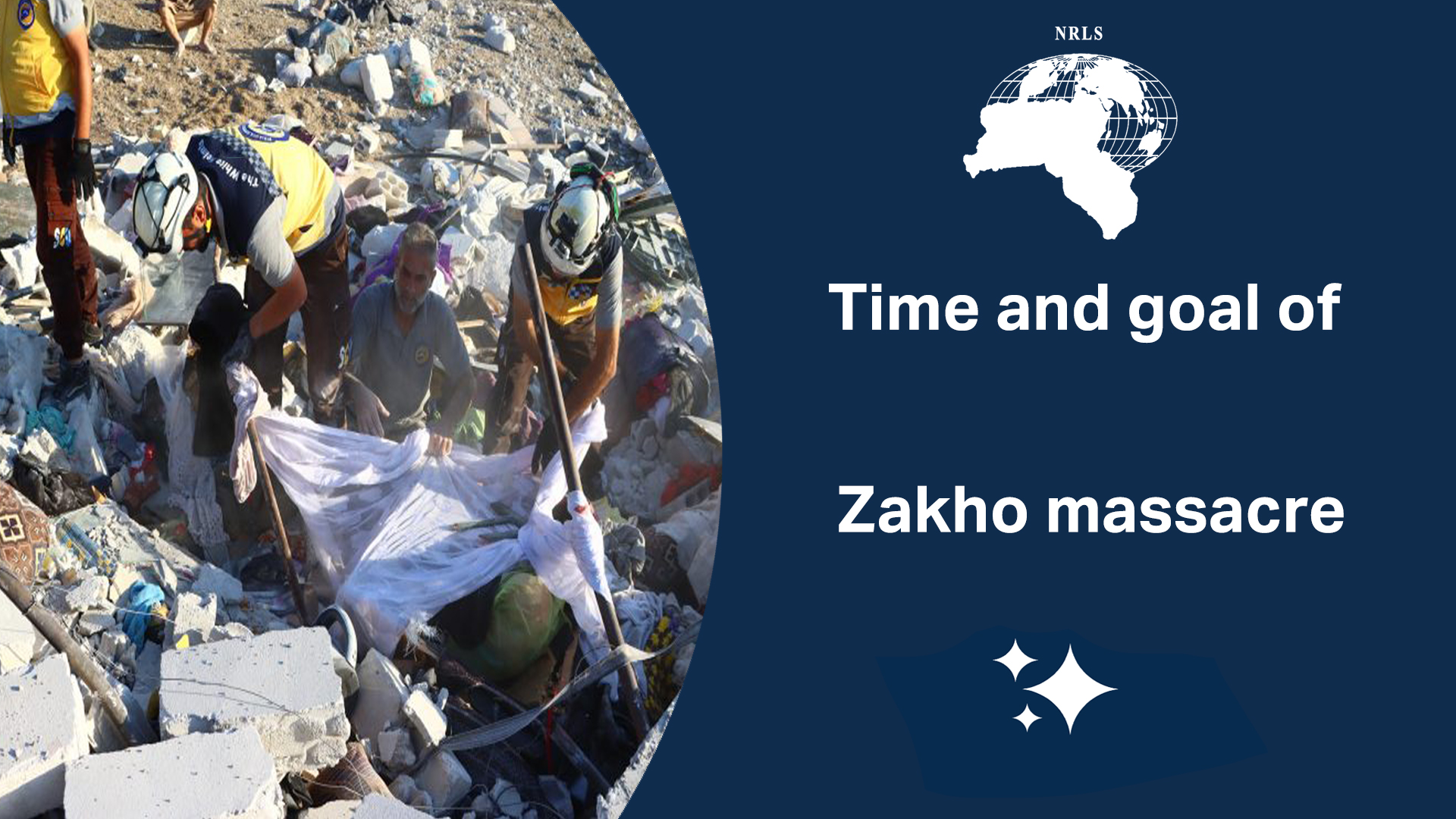
On July 20, Turkish occupation army bombed, with artillery shells, a tourist resort in Zakho district in southern Kurdistan (Kurdistan Region of Iraq-KRI) killing nine civilians and wounding 25, most of them were women and children. The incident provoked anger within the locals and Iraqi government’s institutions, where the Iraqi Ministry of Foreign Affairs submitted a complaint to the UN Security Council against the Turkish aggression and its violation of Iraqi sovereignty. This was, observers said, a different Iraqi approach in dealing, especially since the majority of the victims were of Arab community who were coming from central and southern Iraq for summer vacation. This caused a diplomatic crisis between the two countries, with Turkey’s insistence refusing to admit that it carried out the attack, accusing, at the same time, the Kurdistan Workers’ Party (PKK), but Iraqi investigations proved the opposite.
The massacre comes shortly after the tripartite summit in Tehran that brought together the presidents of Russia, Iran and Turkey in which Erdogan received warnings from his Russian and Iranian allies that any Turkish military operation in north and east Syria would threaten security and stability of the region. Also, the time could not be separated from the losses incurred by the Turkish army in the regions of Zap, Avashin and Metina, especially after its recent military operation Claw Lock. Given the situation in southern Kurdistan, this is not the first time that Turkey has targeted civilians, because the region has been witnessing intense military operations for more than three decades under the pretext of fighting the PKK. Therefore, it has become clear that Turkey, under the pretext of protecting its borders and national security, is adopting policies of demographic change by forcing the original inhabitants to flee, destabilizing local security, and imposing a new geographical reality similar to its settlement project in northern and eastern Syria, and thus completing the establishment of what it calls a safe zone.
At the same time, Turkey has intensified its drone attacks against the areas of the Autonomous Administration of North and East Syria (AANES), causing civilian casualties and leaders of the Syrian Democratic Forces (SDF). From its chauvinistic nationalist perspective and its colonial aspirations, Turkey sees every region starting from northern Syria to northern Iraq as being included within the Misak-ı Millî which considers these lands as part of Turkish geography. This is a critical and dangerous issue, especially since it comes shortly before the year 2023 which marks the centenary of the Treaty of Lausanne. Therefore, Erdogan wants to impose facts on the ground through military action and under the slogan of fighting terrorism so that he can control over the entire region, whether in northern Syria or in northern Iraq, and the presence of more than 40 Turkish military bases and security headquarters in northern Iraq, the drone attacks in northern Syria and northern Iraq, and violating internationals laws regarding human rights are all a proof of this.
Undoubtedly, the war policy of the Justice and Development Party (AKP) government and the Nationalist Movement Party (MHP) turned Turkey into a region of crisis and conflict, thus, the opposition began to mobilize public opinion against Erdogan’s policies, specifically regarding his intentions to divide the two countries – Syria and Iraq-, which means that the international community in general and the peoples of the region in particular need a clear position on Turkish policy and its colonial ambitions in the neighboring countries, because all the arguments it declares to protect its borders, its national security, and fighting the PKK are nothing but pretexts to implement its agendas on the ground. Erdogan will continue working on this project, especially since he is betting on it to win the presidential and parliamentary elections scheduled to be held next summer; It is not excluded that massacres may be committed in other regions.




